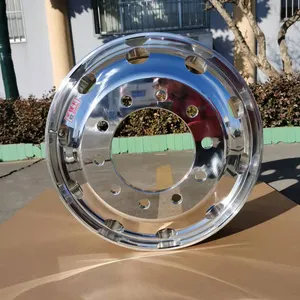

Europe Heavy Duty Truck Scania Leaf Spring Assy For Scania Auto Spare Parts Leaf Spring 1479518 1547824 1377712


Chinese Manufacturer 22.5 Inch Suitable For Tire 11R22.5 Forged Aluminum Alloy Heavy Duty Truck Wheel






















Scania tyres are a critical component for heavy-duty vehicles, particularly designed to meet the rigorous demands of trucks and commercial vehicles. These tyres are engineered to offer durability, stability, and safety for various types of heavy vehicles, including long-haul trucks, buses, and coaches.
Commercial truck tyres come in various designs, each tailored to specific road conditions and vehicle types. The Scania tyre range includes options for all-terrain, highway, and regional applications, ensuring that there is a tyre to suit the diverse needs of the transportation industry.
The construction of a Scania tyre involves advanced materials that contribute to its robustness. The use of reinforced steel and specialized rubber compounds helps these tyres withstand heavy loads and resist wear. Additionally, the tread patterns are optimized for efficient water displacement, enhancing grip and reducing the risk of hydroplaning.
The advantages of selecting a Scania tyre include improved fuel efficiency due to their low rolling resistance, and enhanced safety features like superior braking performance. Moreover, the extended service life of these tyres provides economic benefits by reducing the frequency of replacements.
When selecting a Scania tyre, it is essential to consider the tyre size and speed rating to match the vehicle's specifications. Understanding the service range and expected mileage can also guide buyers in making an informed decision. It is advisable to review the specifications and features of each tyre model to ensure compatibility with the vehicle's requirements.
Prospective buyers should assess the load index and tread wear indicators of a Scania tyre to ensure it aligns with their vehicle's demands. It is also beneficial to consider the seasonal variations in tyre requirements, such as the need for winter or all-season tyres depending on geographic and climatic conditions.